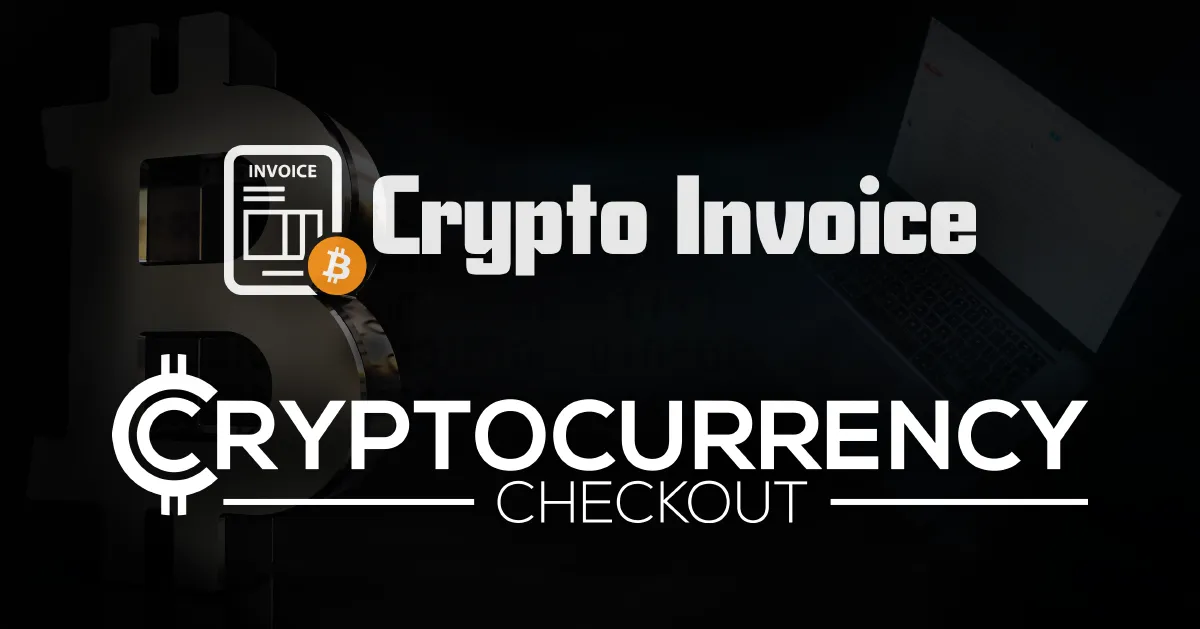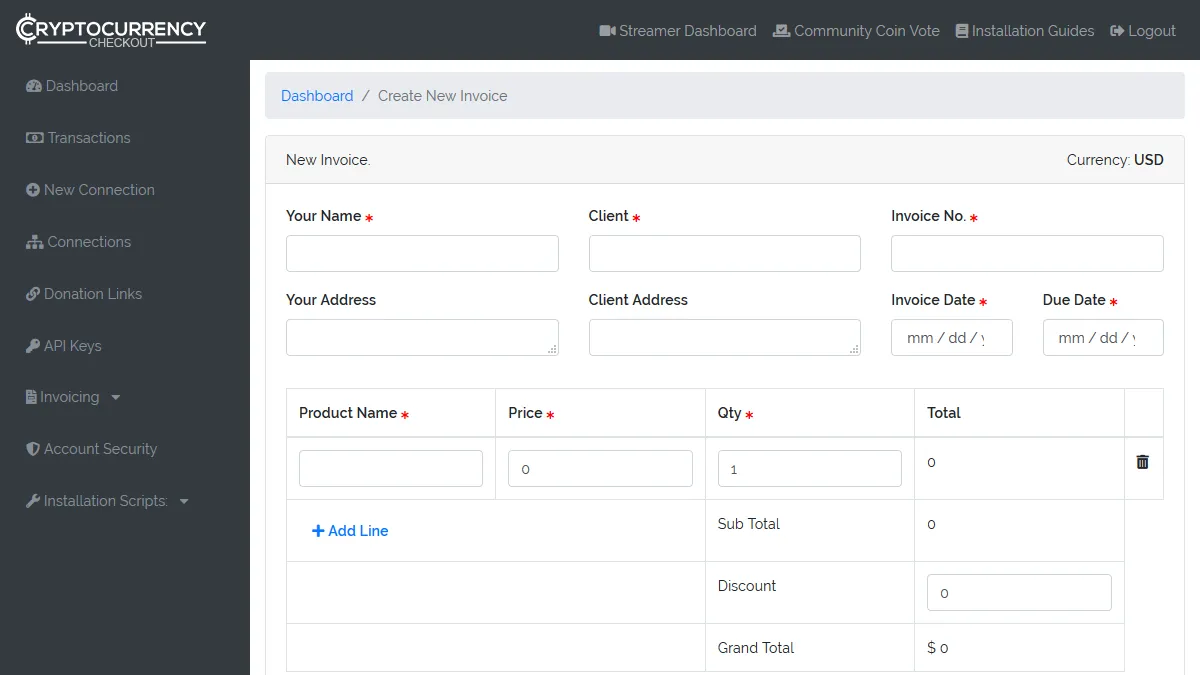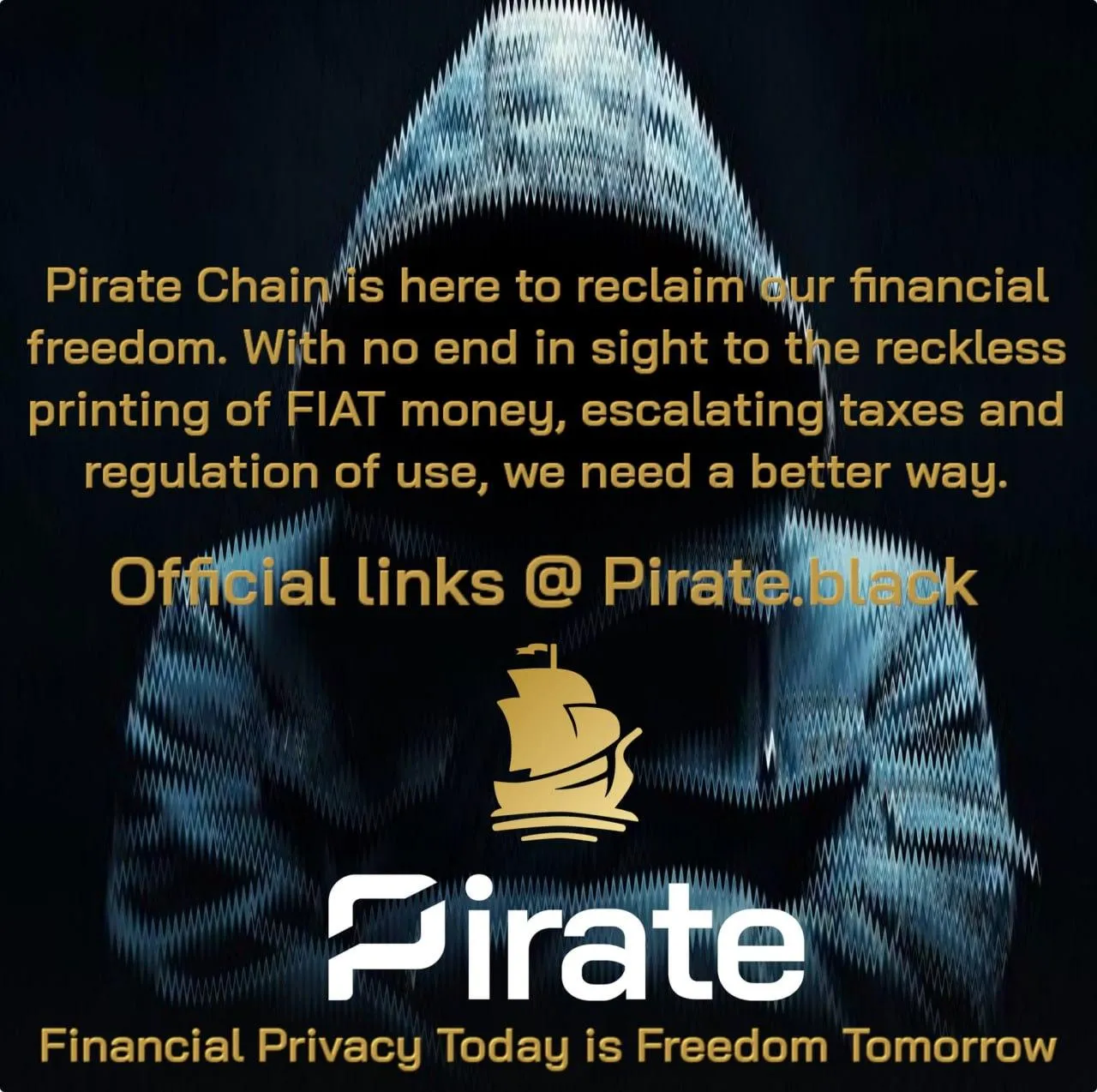
oo====================================================================oo
||<> <> <> <> <> <> <> <> <> <> <> <> <> <> <> <> <> <> <> <> <> <> <> <> <> <> <> <> <||
oo====================================================================oo
There is an open source payment service that allows you to ask for payment in ARRR using their invoice function. With cryptocurrencycheckout.com (CCC, you can easily make a professional invoice for your customer, complete with an invoice number, exact payment amount, and more.
If you look at their Github you can see they were also developing PiratePay designed specifically for ARRR. I’m not sure what happened, but it hasn’t been updated in quite a long time and has no releases. Rumor has it there is development being done, but for the time being ccc will work. I really hope PiratePay becomes a reality, but these things take time and effort.
CCC has many functions beyond just using the invoice function. If someone knows how to integrate CCC on Hive, then it could be a full payment gateway, with shiny buttons and a UI. I’ve never tried to hire a coder before, nor do I have the experience to do it myself. I may look into it in the future.
I’m not going to write out a guide for how to make the actual invoice as CCC has a tutorial already. I only wanted to make people aware of it -that you have options in how you use The Captain’s Warehouse and other marketplaces. It’s a great tool to make your sale more professional and to keep track for your own records. Here is CCC’s own written guide:
https://www.cryptocurrencycheckout.com/guides/invoice
With it you’ll be able to accept ARRR using a professional invoice, with all your customer’s data and yours protected by the z-magic of Pirate!
What’s that? You expected me to make a guide? Well then, here is my own guide to using CCC in a way that keeps everybody’s data as private as possible. Why is that a problem? It has to do with how you create an invoice. Putting too much information on the invoice can cause data to be leaked and reveal both the buyer and the seller. While this is unlikely in most circumstances, if the buyer is trying to gather data about the seller, they could do that by what information the invoice reveals about you.
What should be understood about CCC is how you create an invoice. When you create an invoice, you do it through an API key that connects you to the invoice online. If for some reason this key is shared with anyone, all of the data on it could be compromised. Worse, if the buyer is a bad actor, they could use it to compromise your identity. To avoid this, it’s better to limit what data and metadata are recorded on the invoice.

In the invoice details, there are required fields and there are optional ones. Let’s start with the 3 at the top that are required: Your Name, Client, and Invoice No.
Your name obviously shouldn’t be a real name. A randomly-generated pseudonym would be better. Don’t use an email tied to you as the name, or use the full name of your market in the invoice. Doing this gives out more data than is needed to satisfy the transaction. It could be the piece in a puzzle of evidence that exposes you in the future.
Your Client’s name should follow the same standards. Instead of their name, you could put something like “My Valued Customer”. Anything is better than revealing customer data. Another idea is to make a customer id randomly-generated and given to your customer via secure messaging. Hopefully the people that buy from you are using their own pseudonym, but we shouldn’t assume that and I think we should strive to keep the people who support our business secure in their privacy.
The Invoice number is a different story. This is for your own private records and those of your client. As long as you use a random number of sufficient length nothing can be gleamed from it. It may be tempting to use invoice no. 1 for the first, 2 for the second, but it can also tell others how many sales you’ve made. You should keep the length and the numbers themselves random, say a 5 to 20 digit number. This can easily be generated on most modern password managers. While the invoice number itself doesn’t reveal anything very useful (as long as you followed the first two rules), it’s still better to reveal no data than some.
Of course the Address sections should never be filled out. These records should be kept privately in another (hopefully) encrypted location, if they must be stored at all.
The Invoice Date and Due Date should be filled out correctly to avoid confusion. If all the other details are kept private the dates shouldn’t reveal much.
The Product name may reveal something about an ad if it’s unique and searchable. If the exact same internet-searchable language in the invoice is used as was used in the ad, then this could be linked back to it. If it is linked back to your ad it can show proof that a purchase occurred, which may be a problem if your anonymity is compromised later.
In conclusion, most of these tips aren’t a big deal as long as the API key isn’t shared. What this guide is useful for is if the purchaser is trying to trace the buyer. By keeping revealing data off the invoice it keeps everyone in the transaction safer and more private.
o-O-o-O-o-O-o-O-o-O-o-O-o-O-o-O-o-O-o-O-o-O-o-O-o-
That’s it for the explanation and the privacy guide. Check out Cryptocurrency Checkout and let me know what you think. Maybe you have a better option or something. Let me know:
email: thecaptainswarehouse.enviable562@aleeas.com
Signal: Captains_Warehouse.18
Session: 057cca7dfdb6816ffece3858c24bfa3f0847ee34a1daa1eb7a90a0c73dbcee110b
Telegram: @lint_elf
Send a memo to my Pirate Chain z-address for a fraction of a penny: zs1gf32lktgm8ezxaefraz4nd036k9p507w5yyvfjqup8s3drz0a6thtwu4knzsqeqxxjkcwuycepk

https://github.com/PirateNetwork/pirate
https://x.com/PirateChain
https://t.me/piratechain/
https://piratechain.com/discord
May your reefers be rolled tight and your canvas well-made,